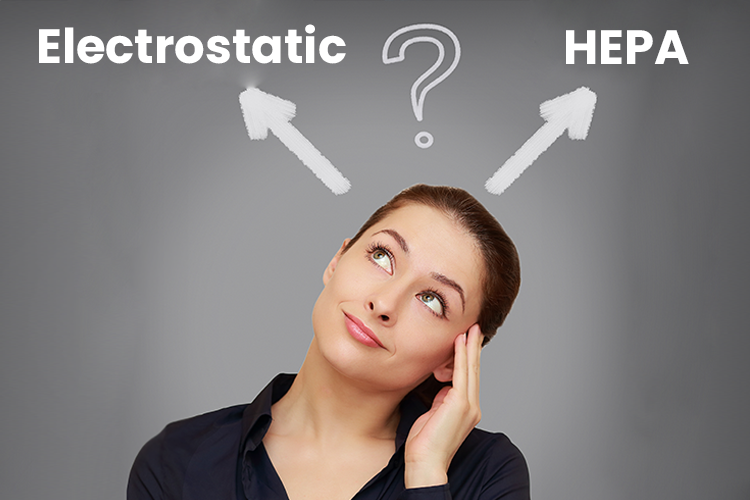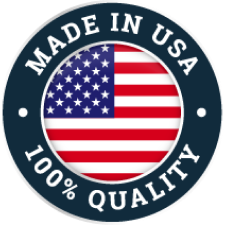
HEPA filters and electromagnetic filters are both capable of eliminating airborne particles and pollutants; however, each possesses unique advantages and disadvantages. To help you make an informed decision, the following are the benefits and drawbacks of utilizing each type of filters in air filtration systems:
HEPA Filters
Pros:
Cons:
Electromagnetic Filters
Pros:
Cons:
Overall, HEPA filters are the superior choice for air filtration systems, as they effectively eliminate airborne particles and pollutants, as small as 0.3 microns with an efficiency rate of 99.97%. Additionally, HEPA filters don’t produce any harmful byproducts, whereas electromagnetic filters generate ozone, which can be harmful to humans and the environment. When it comes to air filtration, HEPA filters provide a more effective and safer option.
All MatrixAir units are built without a three-phase filtering system which includes a pre-filter, carbon filter and HEPA filter to efficiently deliver clean air back into your environment. For more information on HEPA filters and all our air filtration systems, please contact us at [email protected].
